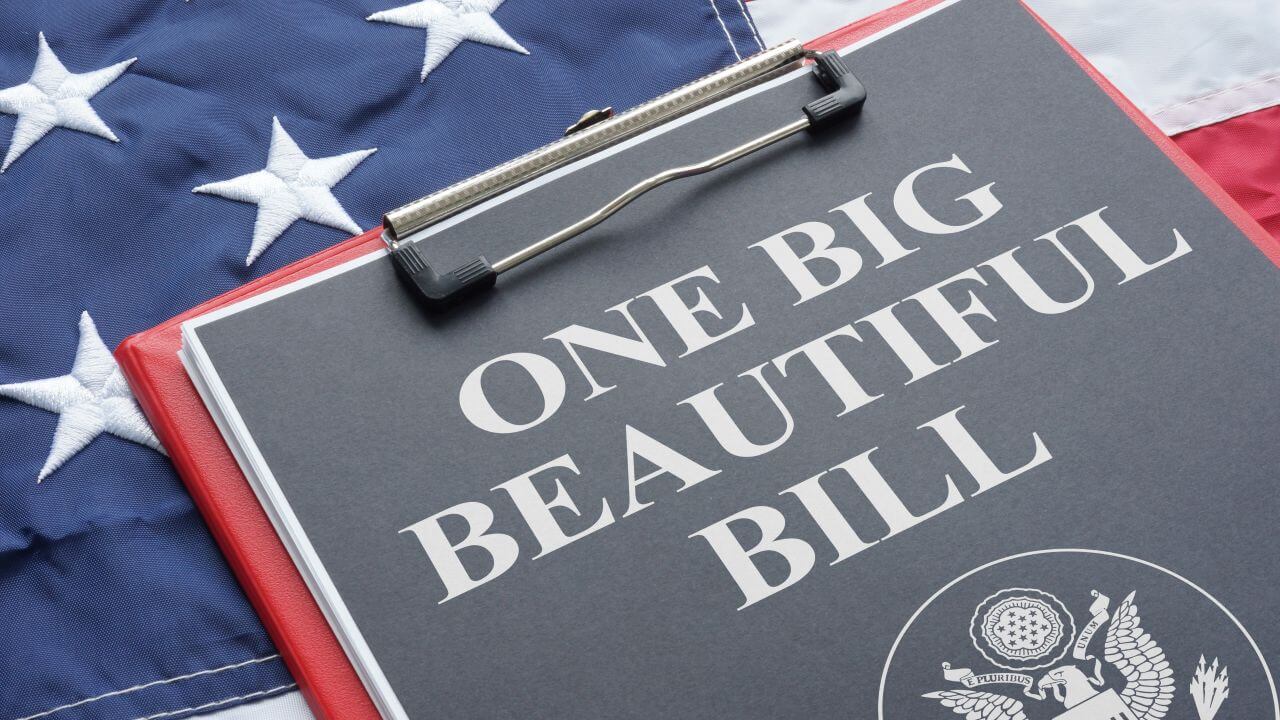
The One Big Beautiful Bill Act (OBBBA), which passed through Congress in July and has been signed by President Trump, will have some interesting impacts on Virginia residents over the next few years. Some of those impacts could be positive, like the possibility for tax filers to save money by conforming the Commonwealth’s rules to the newly permanent federal ones. Some of those impacts will not be positive, as we have already seen, like the federal cuts and retools of Medicaid and the SNAP Program. Nearly all of these provisions are “sunsetting” or expiring in 2029, however, leaving many questions open to future Congresses and the next President.
Here are three main things to watch as the OBBBA comes into effect in Virginia.
Medicaid Expansion Contraction
Nationally, over a trillion dollars will be cut from Medicaid in coming years as part of OBBBA. The Kaiser Family Foundation estimates that Virginia will lose up to $29 billion of that over the next decade. That will come from a variety of provisions, but one key provision of OBBBA is the federal government’s reduction in proportional Medicaid cost-sharing with states from 90% to 80%.
In order to implement the Affordable Care Act, many states chose the framework of “expanded Medicaid,” which utilized existing Medicaid infrastructure and expanded program eligibility beyond the federal poverty level to include more people. This, of course, increased the costs of Medicaid, but in the ACA, the federal government is on the hook for 90% of those increased costs. As part of OBBBA, the feds would like to get that 90% down to 80%, with the Commonwealth making up the difference. That’s to the tune of hundreds of millions of dollars.
Complicating things, Virginia also has a “trigger law” if the federal government ever successfully attempts this which negates our “Medicaid expansion” altogether. This would mean thousands of people losing healthcare if changes are not made over the course of 2026. The federal government is also seeking to implement work, education, and/or community service requirements on certain expansion enrollees, which could add further bureaucratic costs to the program.
No Tax on Tips & Overtime...Kinda
OBBBA establishes deductions for up to $25,000 in tipped income and up to $12,500 in overtime income per individual, or double for joint filers. These provisions are temporary and set to expire in 2029, and phased out at incomes higher than $150,000 annually. The overtime provision in particular applies only to “the half” portion of “time and a half” overtime. This could be a real boon to tipped employees, but it should be noted that they are still required to pay state income taxes on that portion of their income as well.
SALT on the Table
OBBBA increased the deduction for state and local taxes (SALT) from $10,000 to $40,000. This could help some Virginians who suffer under high local tax burdens, but it may push some filers towards itemization if they do not approach that level of state and local tax liability. Virginia would have to pass legislation to conform to this provision in the 2026 General Assembly, so stay tuned for how this might affect your filing in 2026. These provisions are also temporary and set to expire in 2029.
